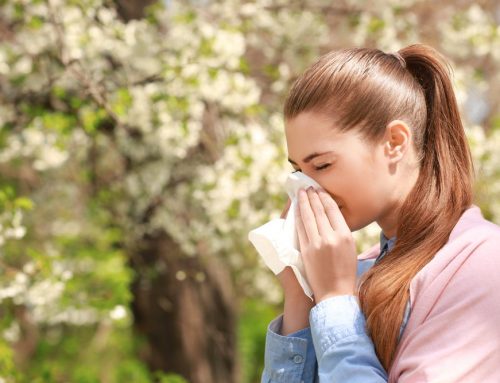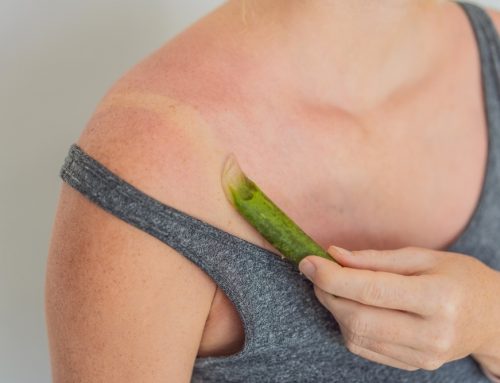Itchy, dry skin is irritating for most people, but it can be a nightmare for those with eczema. If you’re searching for relief, don’t give up! There are some natural remedies you can try in conjunction with your medication to help replenish your skin’s moisture. Natural substances, creams, and dietary changes are a couple of ways people can manage their symptoms. Remember, if you’re taking prescription medication, it’s always best to check with your doctor before trying new remedies. Before we jump into our list, let’s look at some of the things that may be irritating your skin.
- Scented body wash or soap
- Scented detergent
- Wool clothing
- Pollen
- Pet dander
- Soap with dye
Additionally, food allergies can result in eczema. You may want to check with your doctor to determine if you have an allergy to dairy, wheat, eggs, soy, or peanuts. While these alone won’t cure the problem, our list of 6 best natural remedies for eczema may help ease symptoms for mild to moderate cases.
-
Aloe Vera

Researchers found that aloe vera gel has wound-healing, antibacterial, antimicrobial, and immune system-boosting properties. It can prevent skin infections, which are likely to occur when someone with eczema has a patch of cracked skin. Additionally, it may help promote healing and soothe broken skin. Make sure to choose aloe gel without alcohol, colors, fragrances, preservatives, or anything else that could irritate your skin.
-
Colloidal Oatmeal
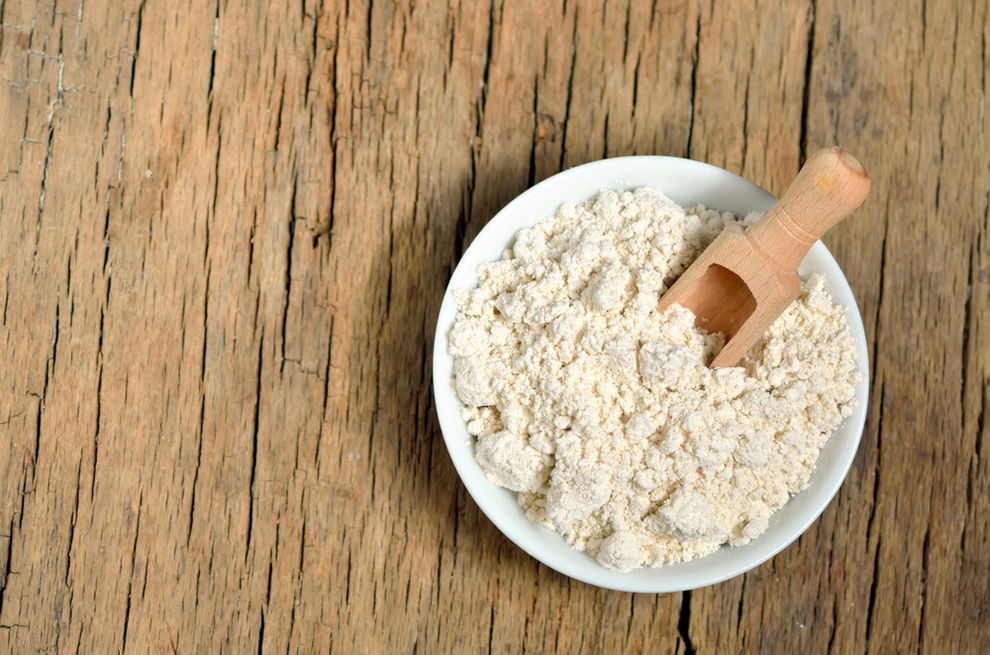
Adding colloidal oatmeal to a warm bath or applying it topically may help relieve discomfort and soften inflamed skin. The product is made from oats that have been ground and boiled to extract the skin-healing properties. Studies have found that colloidal oatmeal lotion has anti-inflammatory and antioxidant properties, which can improve dry and itchy skin. The oat contains antioxidants and anti-inflammatory compounds such as vitamin E and avenanthramides. It’s available in powder or cream form, and you can add the powder to a lukewarm bath and soak for 10-15 minutes and then add a thick layer or hypoallergenic moisturizer afterward. While it’s generally safe, those allergic to oats or gluten should avoid it, as it may be processed with wheat.
-
Coconut Oil

Coconut oil is a natural moisturizer that contains beneficial fatty acids that can protect the skin barrier. The antibacterial abilities can reduce staph bacteria on the skin, helping prevent the infection. People with eczema may have patches of inflamed and cracked skin, which allows bacteria to enter. For best results, you want to pick cold-pressed or virgin coconut oil without chemicals. Coconut oil can be applied directly to the skin after bathing, before bed, and up to multiple times a day. Those with a coconut allergy should not use this method.
-
Sunflower Oil
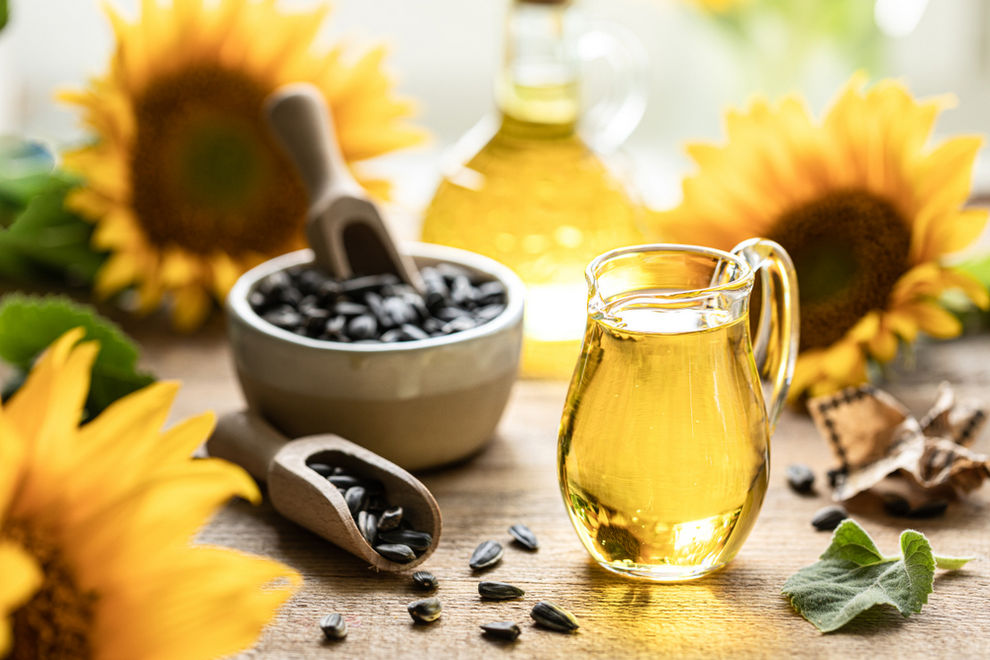
Sunflower oil, extracted from sunflower seeds, can protect the skin’s outer layer by keeping bacteria out and moisture in. It hydrates the skin, which may help relieve inflammation and itching. It’s preferably added after bathing while your skin is still damp.
-
Dietary Changes
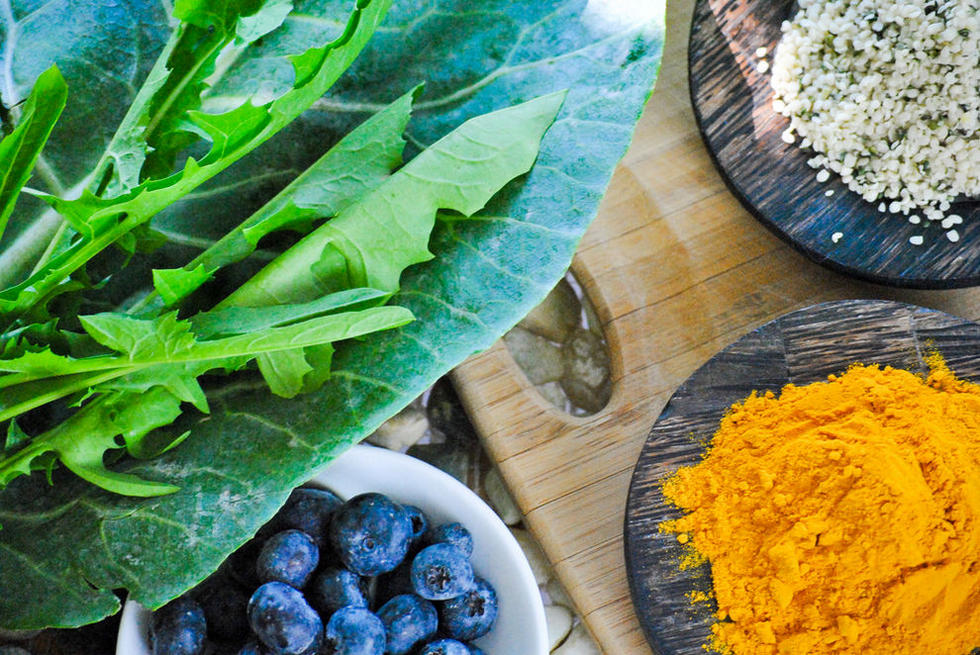
Certain foods can help reduce inflammation, which may diminish eczema flares. Anti-inflammatory foods include leafy greens, fish, vegetables, fruits, beans, lentils, cinnamon, and turmeric. Additionally, some diets can increase inflammation, such as meals with added sugar, simple starches, and processed foods. You may be able to identify problematic foods by trying to eliminate some inflammatory ones such as eggs, wheat, dairy, or soy.
-
Gentle Soaps & Detergents
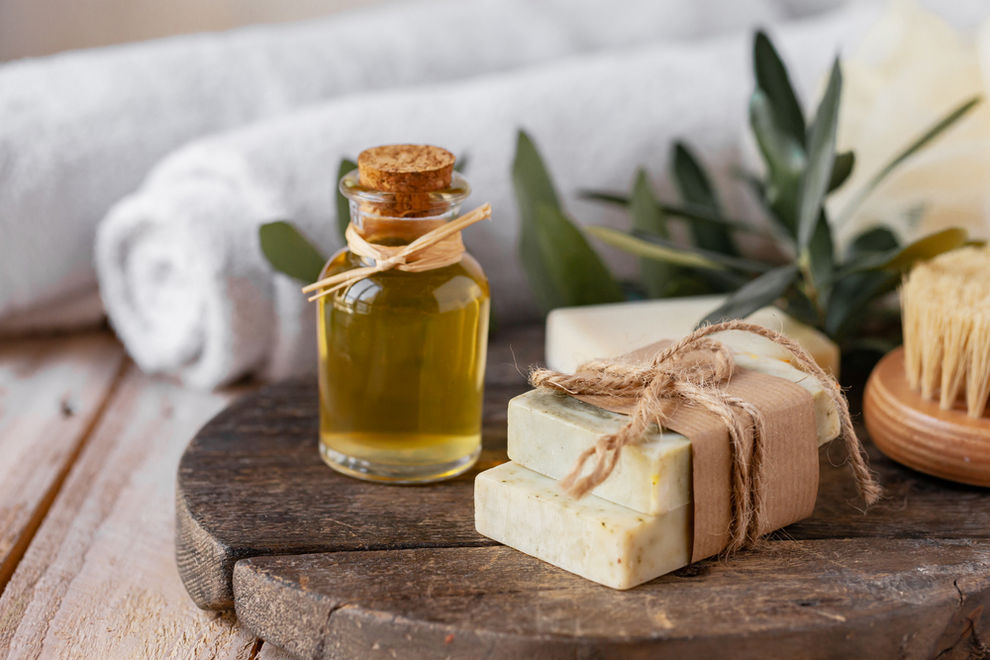
Some detergents and lathering agents can dry out skin, especially for people with eczema. Additionally, the alkalinity in bar soaps can be harsh on the skin. Switching to gentle, fragrance-free, dye-free laundry detergents, soaps, and body washes may help those whose sensitive skin is irritated by harsh cleaners. You may also want to avoid fabric softeners as they often contain chemicals and fragrances and can linger on clothing, causing skin irritation.
Moonstone Naturopathic
While there’s no single method to eliminate eczema completely, there are many ways to manage symptoms. For natural relief, trying out some of the methods from our list of 6 best natural remedies for eczema may help soothe your skin. If you’re interested in personalized care, at Moonstone Naturopathic, we can create an individualized plan to help ease your symptoms. If you’d like to learn more about how naturopathic doctors can help with eczema, you can contact Dr. Brandy McGill for an appointment directly on our website.
* The content is not intended to be a substitute for professional medical advice, diagnosis, or treatment. Always seek the advice of your health provider


